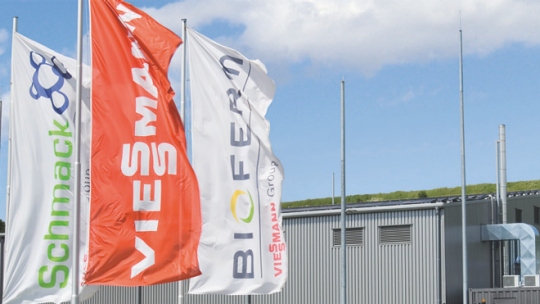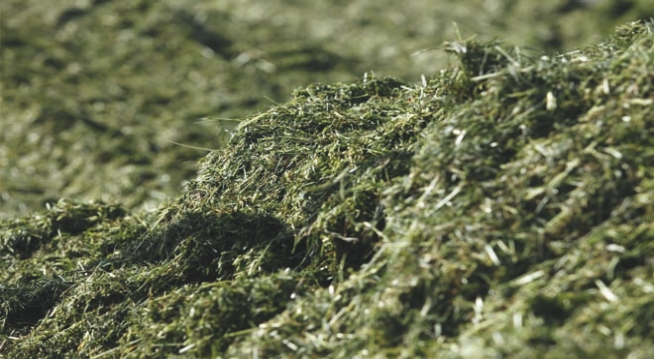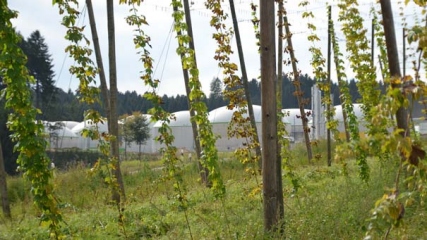FAQs
Frequent questions
Frequent questions
What are the investment costs? What biomass can I use? Which technology would be the best for me? When you are thinking of building a biogas or biomethane plant, it is normal to have many questions. In this section, we have tried to collect the questions that are most frequently asked.
Information

Schmack Biogas – the company
In which countries does Schmack operate? In which countries does it have offices?
Apart from the headquarters in Germany and the Italian branch, Schmack Biogas has offices in the USA, in the United Kingdom and in Turkey. We also have trade partners in most European countries and in Australia and New Zealand. For all other countries, you can get in touch with our international department.
Does Schmack Biogas only deal with large plants?
Absolutely not! Schmack Biogas has built over 450 plants around the world, many of which are small. There is a great variety of installed powers. Standard smaller plants have a capacity of 75 kW; we have, however, built even smaller, tailor-made plants.
Does Schmack Biogas only deal with agricultural plants?
Schmack Biogas has built over 40 plants fed with waste, under the Schmack Biogas, Hese and Bioferm brands.
Plant sizes
Does Schmack Biogas also build small plants?
We build plants ranging from 75 kW to 20 MW, both for electricity generation and the production of biomethane. We can support you in the evaluation of plants of any size.
What is the minimum size for liquid fermentation plants? And for dry fermentation plants?
Liquid fermentation plants are available starting at 75 kW. Bioferm dry fermentation plants are available starting at 300 kW.
How much space does a biogas plant require?
It depends on the size of the system and on the dimensions of the tanks, which, in turn, depend on how the system is fed. As a rough estimate, we can say that a 100 kW plant needs approx. 2,000m²; a biomethane plant that treats 500 sm³/h of biogas does not need more than 1 ha.
Biomass for feeding
Can I use the biomass at my disposal in a biogas plant?
In principle, biogas plants can use any type of organic matter, except for lignocellulosic materials and the hooves and horns of animals. In practice, you must check that the biomass mixture provides the necessary living conditions for bacteria. Contact us: we will assess your biomass without obligation.
How much biomass would I need to feed my plant?
If you already know how much biomass you have, let us know by using the specific form. We will prepare, without any obligation on your part, a feeding plan.

How much does a biogas plant cost?
Clearly, this is one of the questions we are asked more often. Understandably, since the construction of a biogas or biomethane plant is a long-term investment. This question can be asked in several ways, e.g.:
- How long is the payback period?
- What are operational costs?
- What are maintenance costs?
- What are the investment costs?
- How many members of staff do I need?
Inevitably, the reply varies from project to project. It is linked to the cost and type of the biomass, to the size of the plant, to the provisions of the related rules and regulations, and to other contingent circumstances. We can put together an example business plan for you, without obligation. We need to know the types of available biomass and the quantity of each type.
By filling out the form that you can find at the link below as thoroughly as possible, we will be able to respond as soon as possible.

References
Have you already built plants with features similar to the ones that I am thinking of? Can you send me the related information?
You can have a first look at our references by clicking on this link. This is just a small part of the plants we have built. If you do not find the reference you are looking for, contact us.
Is it possible to visit the plants built by Schmack Biogas?
In principle, it is possible to organise guided tours of the plants we have built. You must, however, give us enough notice, so we can obtain authorisation from the owner of the plant; we also require an effective expression of interest.

